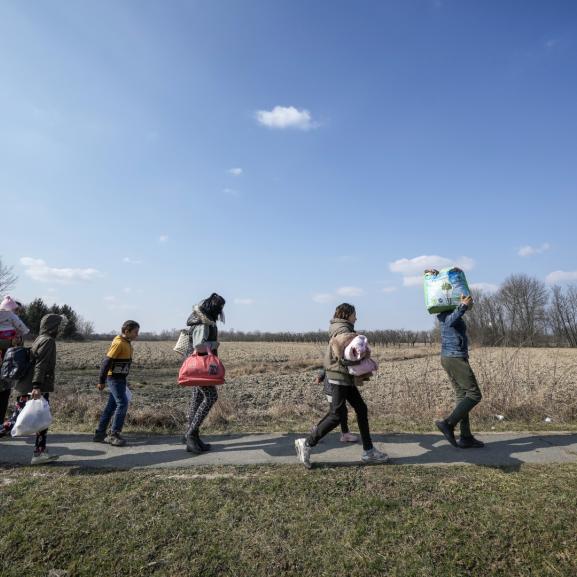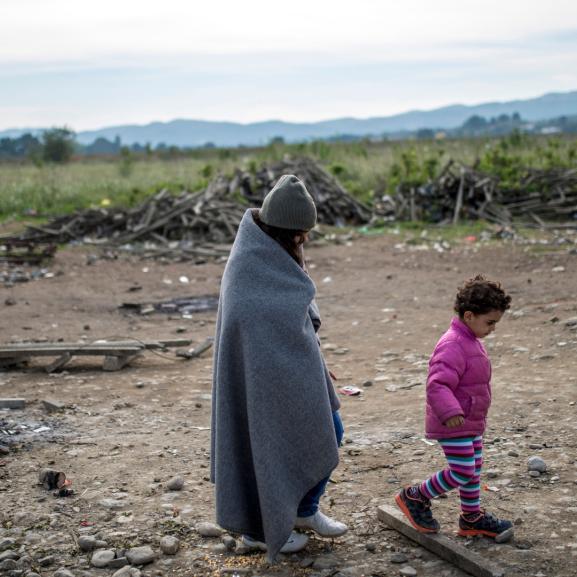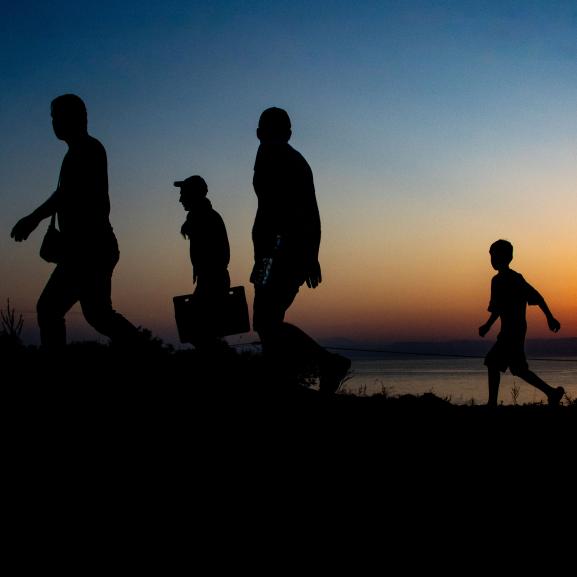Asylum seekers who have been raped have been tortured
Asylum seekers, both male as well as female, who have been raped by members of the security forces in their countries of origin have been subjected to state torture, according to a new report by British charity the Medical Foundation for the Care of Victims of Torture.
The 240-page report, Rape as a Method of Torture, has been produced in answer to a view expressed frequently by the Home Office, and some judges, that rape by police officers, soldiers or prison officers often amounts to nothing more than a break-down in discipline.
The distinction is important. Asylum seekers who have been tortured in their country of origin are more likely to gain refugee status as they can show that they have a "well founded fear of persecution" should they be forced to return home.
The Home Office, by refusing in many cases to accept rape as torture, is able to reject asylum applications from people who have suffered such an ordeal.
Rape as a Method of Torture has been compiled by a multi-disciplinary team of doctors, psychologists, psychotherapists and lawyers working at the Medical Foundation's north London treatment centre.
The book examines psychological approaches to working with victims of political rape, the physical and psychiatric consequences of rape and its impact on victims and other family members. It also includes a legal analysis of rape as torture, a concept embedded in international and European law in cases where rape has taken place in detention, or de facto detention, but that has not yet been accepted in British domestic law.
Book editor Dr Michael Peel says: "Women today constitute more than 40% of referrals to the Medical Foundation, and a large majority of them have been raped. In addition, recent research showed that about 5% of male patients admitted to having been raped, with the true proportion likely to be much higher.
"Thus the issue of rape as an aspect of the torture of women and men is one of increasing importance to the patients and staff of the Medical Foundation.
"There are many different patterns of rape, and all victims of rape need care and treatment, both for the immediate physical and psychological consequences, and to help them deal with the long term impact on themselves, their families and the societies in which they live.
"This book has been written in order to share clinical experiences of helping victims of rape from a range of perspectives, and to transmit that information to help victims of rape and those working with them, whether clinicians, lawyers, advocates or friends. We hope that this expertise, in due course, will guide opinion-formers and decision makers to clarify concepts of rape as torture, to help victims, to punish perpetrators and to prevent future occurrences.
"Only recently has rape been accepted as a war crime. It is usually accompanied by other human rights abuses. Rape has been used as part of ethnic cleansing. It happens at times when male family members are being arrested or killed. It happens in detention, along with other forms of torture. The only difference between rape and other human rights abuses and breaches of international humanitarian law is that the vast majority of the victims are women."






